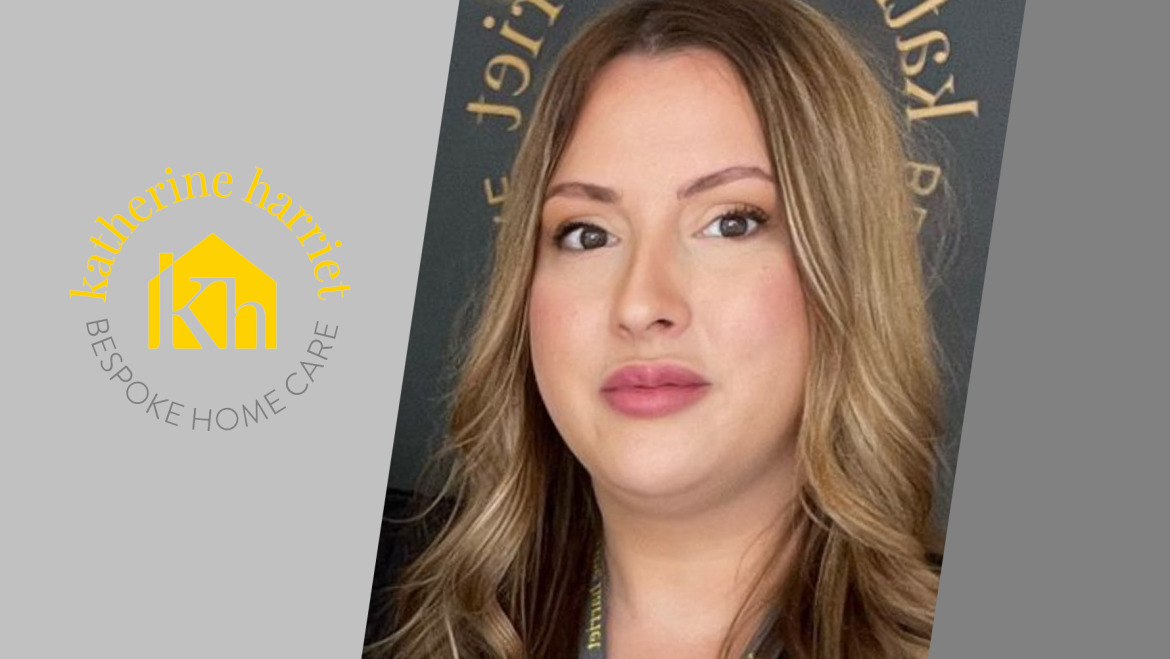Jessica Dunn, Office Manager at Katherine Harriet Ltd looks at the importance of recording in care
Recording is an integral and important part of social care. It is not simply an administrative burden to go through as quickly as possible but is central to good, person-centered support. Recording is vital:
- It supports good care and support
- It is a legal requirement and part of staff’s professional duty
- It promotes continuity of care and communication with staff, relatives, agencies
- It is a tool to help identify themes and challenges in a person’s life
- IT is key to accountability – to people who use services, to managers, to inspections and audits
- It is evidence – for court, complaints and investigations
It will enhance your practice and the support you can offer people if you can make good recording a central part of your work.
Top Tips – PARTNERSHIP
It is vital to get health and social care recording right, we usually know what to do but this is often difficult, given the many pressures that come with time constraints and the job you do. Below I have listed tips for good social care recording using the PARTNERSHIP checklist, and must be coproduced between yourself and the person to who this relates to.
Person-centred
Any care record is written for multiple readers – your manager, a funding panel, perhaps a judge – but the most important reader is the client themselves, and you need to bear in mind the importance of the record for the person you are supporting. Try to remember that although you may do the same activities with similar clients, or the same thing day in day out with the same client, each experience and day is different to the next, ensure you are taloiring this to the client.
Accurate
Whatever it is you are expressing – fact or opinion – state accurately what is happening, or what you believe, and avoid vagueness wherever you can. Saying ‘the front room was in a terrible state’ may be quicker than saying ‘the front room contained 14 bags of rubbish, and I saw 20 empty fast-food packages. I also saw what looked like mice droppings in one corner of the room’. Recording in accurate terms like this avoids any possible value judgements and is more helpful to a colleague who might visit and see a room that is still in a ‘terrible state’, but where there are only six bags of rubbish and 10 takeaway packages, and who therefore can note a significant improvement.
Real
There are plenty of people who will be reading the record that is kept, and this can be a challenge in itself. This can lead to vague wording, particularly when aspects of a person’s behaviour may be causing them or other people difficulties. Phrases such as ‘inappropriate sexual behaviour’ which could cover a huge range of things from serious assaults to ill-advised comments. Such comments may be distressing but may prompt a different set of actions to follow.
Timely
Person-centredness, accuracy, detail, reflection, and analysis – is easier to achieve if a record is made promptly when things are fresh in the memory. From the inconvenience of receiving a phone call twice because the first one wasn’t recorded, to missing out on a place at college because a worker hadn’t noted down that a person had called to say they wanted it, there can be clear negative consequences from delayed recording.
No Jargon
Notes need to be easy to read and make sense, ensure that there are clear sentences about what happened during the call and no abbreviation within this. Clear, concise recording makes the plan understandable not just for other staff but for relatives and associated third parties.
Evidence-based
We are not suggesting here that every observation you make has to be backed up, but you must make sure that you can evidence what you are saying. If you are stating a fact, be sure that this is an accurate one, if it is an opinion you can back it up with evidence from what you’ve seen or heard.
Opinions can be ok in care records, however, it has to be a professional judgement based on something you may have experienced in similar situations, your knowledge of the individual circumstances, and some research evidence and not just a hunch or an assumption.
Read the previous record
It is vital that carers read the previous notes, where this doesn’t happen, it is often a combination of time pressure, however, these records are in fact a tool that you need to use to carry out your work effectively, safe and competently.
Succinct
Much of what we’re saying here focuses on the need to be detailed and accurate in your recording and to back up what you are writing with evidence, this may suggest we are advocating ever-longing recording, but ensure it is correct. If you concentrate on writing detailed, factual reports this need not take any longer, in fact may be quicker and easier to read. Make sure you avoid repeating yourself.
Holistic
As we work as a team, the record will often be part of one person that exists about a person. Professionals need to know what their colleagues are doing with a persona at any given time, so work can be planned in a way that make sense.
IT Compliant
Our records done on IT system, and our systems are compliant to be able to house information written. They also make things much easier to gain access to and helps support in investigations, queries or even for court purposes.
Professional
Wellbeing Assistants are professionals, and their recording work must reflect that.
Much of what that entails is covered in the top tips we’ve already looked at: timeliness, an evidence-base, clarity and so forth. In order to enhance credibility, casual recording styles – for example using colloquial terms or ‘cutting and pasting’ from emails instead of tailoring the record for a specific purpose – should be avoided. Your record is an important document which represents yourself, your profession, the organisation you work for and most importantly the client you are working with.
Jessica Dunn
Office / Administration Manager


